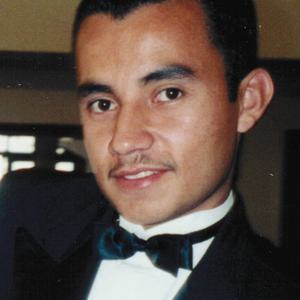
An in-depth piece in the Huffington Post examines Harris County’s (Texas) system for providing representation to those facing the death penalty who cannot afford their own attorney. The process is explored through the story of Obel Cruz-Garcia, a prisoner on Texas’ death row.
The author described his case: “Like most people who end up on death row, Cruz-Garcia could not afford to hire a lawyer for the resource-intensive process of a capital trial, and Harris County, Texas, doesn’t offer public defenders in death penalty cases. Instead, he was appointed a private defense lawyer named R.P. ‘Skip’ Cornelius, who made a living billing the county to represent more than 100 indigent clients a year. Cornelius was paid a flat fee to represent Cruz-Garcia, regardless of how much time he spent working on the case.”
Drawing on an investigation by KHOU-TV, the author reported that, “Cornelius’ caseload often exceeded both the guidelines for capital and noncapital cases simultaneously. According to KHOU, Cornelius made about $1.9 million in eight years — an average of $237,500 a year — representing people who were too poor to hire a lawyer.” David Carroll, the former research director for the National Legal Aid and Defender Association, told KHOU: “I’ve never seen an attorney capable of handling that entire workload and giving effective representation in every single case.”
Indigent capital defendants in Texas generally receive appointed counsel from a roster of private attorneys. The Huffington Post article voiced the concern that judges may appoint attorneys who donate to their election campaigns at higher rates than other equally qualified attorneys and prioritize defense attorneys who clear cases quickly and inexpensively.
The article draws on the experience of Jim Marcus, a clinical professor at the University of Texas School of Law, paraphrasing: “Judges typically like the system of appointing private defense lawyers to indigent cases because it gives them more control over how the case unfolds.” Moreover, “When defense lawyers are dependent on judges for income from appointments, there is an incentive to forgo costly and time-consuming investigative work and instead keep cases moving along quickly. This system works well for members of the defense bar, who can make hundreds of thousands of dollars a year by taking on soaring caseloads. And prosecutors, of course, like facing less opposition in the courtroom.” According to Marcus, “Everybody wins — except for the clients.”
The jury in Obel Cruz-Garcia’s case reached its penalty verdict after one day of deliberations: he was sentenced to death.
Jessica Schulberg, A Matter of Life and Death, Huffington Post, Mar. 12, 2023.
